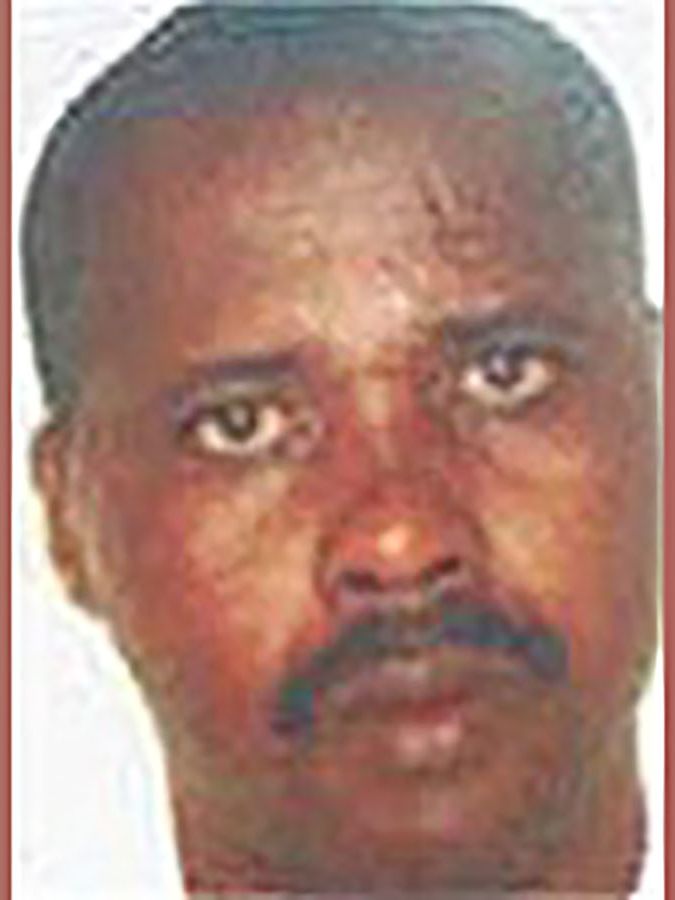By Bart H. Meijer and Wendell Roelf
AMSTERDAM/CAPE TOWN (Reuters) – A Rwandan man accused of ordering the killing of some 2,000 Tutsis who were seeking refuge in a church during the 1994 genocide has been arrested in South Africa, a U.N. war crimes tribunal and South African police said on Thursday.
Former police officer Fulgence Kayishema had been on the run since 2001, when the International Criminal Tribunal for Rwanda (ICTR) indicted him for genocide over his role in the destruction of the Nyange Catholic Church in Kibuye Prefecture.
“His arrest ensures that he will finally face justice for his alleged crimes,” said Serge Brammertz, prosecutor at the International Residual Mechanism for Criminal Tribunals (IRMCT), which has replaced the ICTR since it wound up in 2008.
READ MORE: Pope sacks Rwandan priest for fathering child
An elite South African police unit known as the Hawks said its officers had arrested Kayishema, who was living under the false name Donatien Nibashumba, at a grape farm in Paarl, in Western Cape province, on Wednesday.
Kayishema will stay in custody and appear in Bellville Magistrate’s court on Friday, pending his extradition to Rwanda, the unit said in a statement.
In her first comment on the arrest, Rwandan government spokesperson Yolande Makolo tweeted: “Finally.”
An estimated 800,000 ethnic Tutsis and Hutu moderates were killed during Rwanda’s genocide, orchestrated by an extremist Hutu regime and meticulously executed by local officials and ordinary citizens in the rigidly hierarchical society.
“Seeing these people arrested brings healing to the survivors,” said Naphtal Ahishakiye, executive secretary of Ibuka, an umbrella group representing survivors.
Kayishema has been on the U.S. State Department’s wanted list under the Rewards for Justice Programme, with a $5 million reward offered for his arrest.
READ MORE: A great gathering of great minds
Brammertz said the investigation that led to his arrest spanned multiple countries in Africa and beyond, and was made possible through the support of South African authorities.
In May 2020, another mastermind of the genocide, Felicien Kabuga, was arrested in France after 26 years on the run.
Kayishema’s arrest means there are now only three fugitives indicted by the international tribunal whose whereabouts remain unknown, though Makolo said Rwanda considers that a greater number of suspects have yet to be caught.
“Nearly 30 years later, we have a long list of Rwandan genocide fugitives still at large in several countries around the world,” she told Reuters.
“We will continue to work with partner states and institutions to ensure that they are held to account.”


